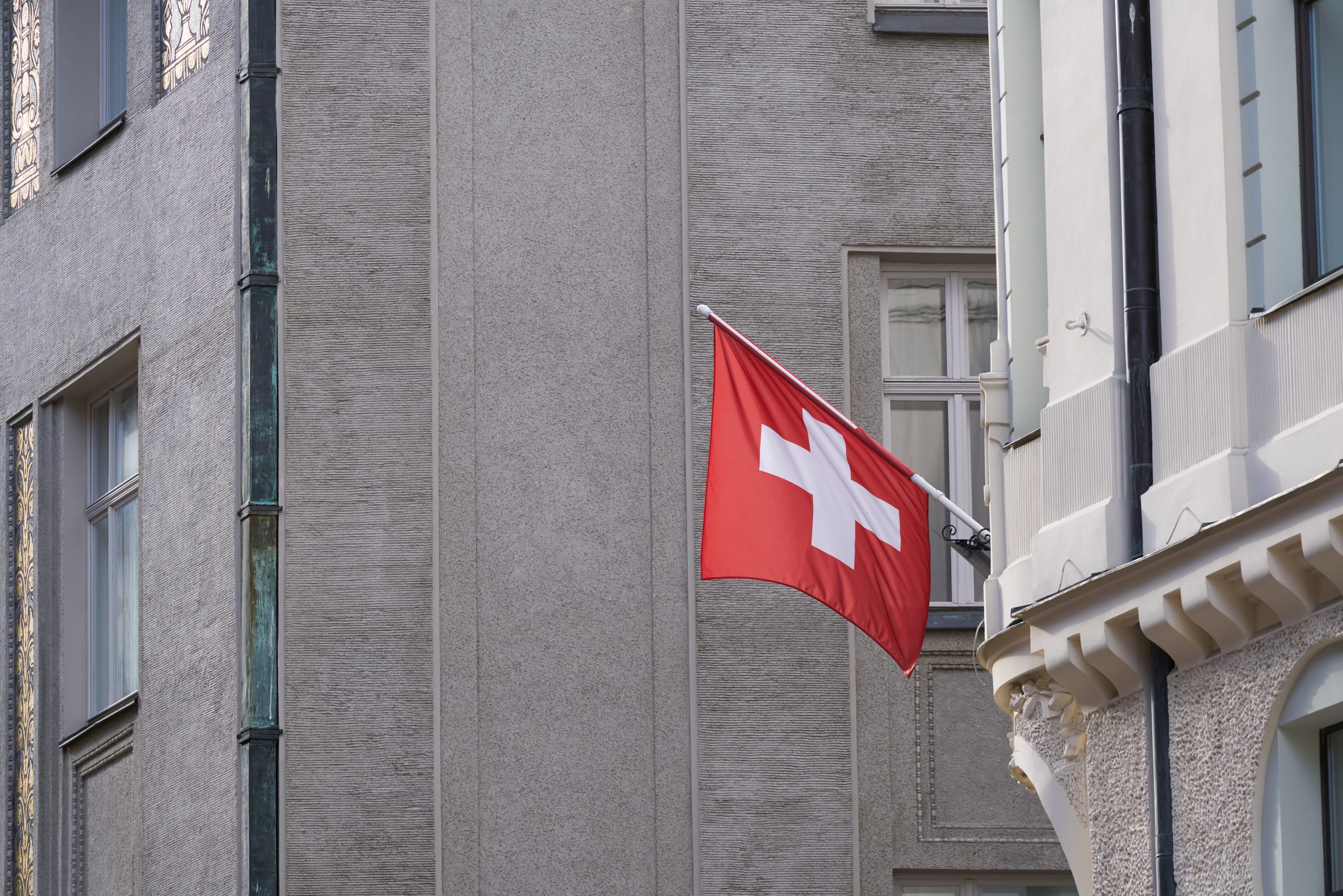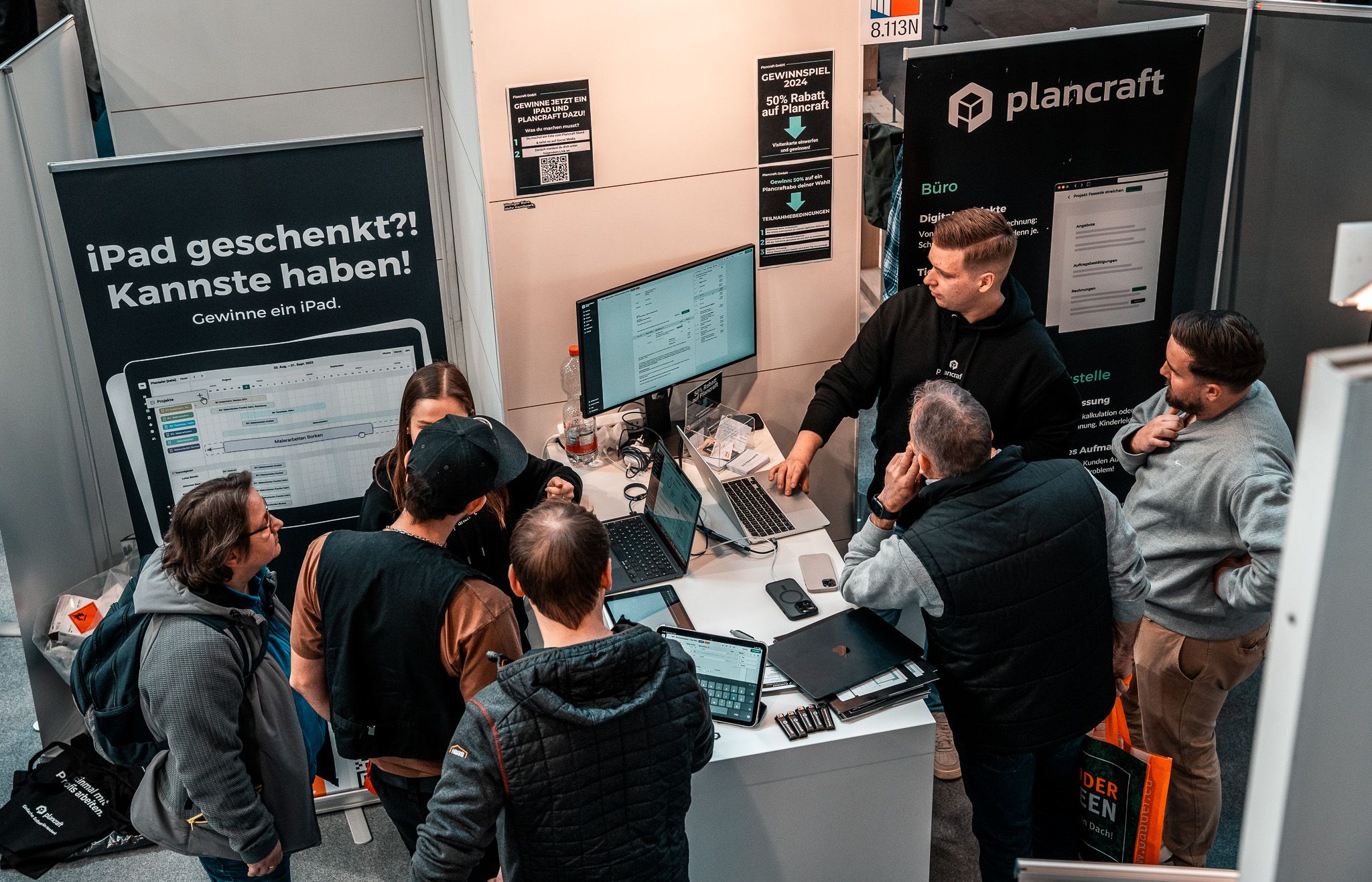The NJ Transit strike is over after the Brotherhood of Locomotive Engineers and Trainmen (BLET) approved a deal Sunday, but train service will not resume immediately.
The engineers strike will have halted trains across New Jersey for four days when service resumes, a relief to hundreds of thousands of riders who rely on the system that brings commuters to New York City and Philadelphia.
NJ Transit strike comes to an end
“New Jersey’s first rail strike in decades has officially come to an end,” New Jersey Gov. Phil Murphy announced at a press conference Sunday evening. “Starting Tuesday, May 20, NJ Transit will once again provide rail service to the more than 100,000 riders who depend on it every, single day.”
“To offer the understatement of the year, this is a very good outcome, but it is also one that was far from inevitable,” he added.
NJ Transit President Kris Kolluri and BLET General Chairman Tom Haas also spoke about the deal, but they did not get into the specifics of the agreement, which will be up for a union ratification vote in the coming days.
“The deal, as the governor correctly said, is fair and fiscally responsible,” Kolluri said. “The deal itself reflects a series of concessions that came together by way of a work rule that will eventually end up paying for this fair wage that the unions have asked for.”
“It was definitely a feeling of success that we were able to come to terms on something that we both can accept,” Haas said.
On Saturday, Kolluri said the agency wanted a fair deal that wouldn’t break the bank, but noted discussions with the union were constructive. At the time, he said he believed the sides were about 95% of the way to a deal.
NJ Transit train service resuming Tuesday
NJ Transit said trains will not be operational Monday, even with the strike now over. Service will continue following the strike contingency plan until full service restarts on Tuesday.
The agency said it needs about 24 hours to preposition equipment and conduct safety checks on hundreds of trains and miles of rail lines that have not been in use since Thursday.
“We will never compromise the safety of our riders. For us, it is better that we do it right and do it methodically than to rush and try to meet some artificial deadline, and get it wrong. And we will not,” Kolluri said. “The one favor that our riders could do for us one more time, is if you could work from home, please do that tomorrow so we can move essential employees through the system and for their place of work, for one day, and Tuesday morning we’ll be back in business.”
The contingency plan includes bus service from four designated park-and-ride lots in Secaucus, Hamilton, Woodbridge Center Mall and PNC Bank Arts Center in Holmdel. Amtrak, PATH trains and the ferry are other options.
Some riders do not think NJ Transit’s backup plan is enough.
“There’s other means for us to get back and forth, and they’re just not making it possible for us. They’re leaving us stranded,” said Fuquan Jackson, a rider at Newark Penn Station. “It’s shameful.”
“The [PATH] train was extremely crowded, so I just didn’t feel safe,” Donna Davis, of Jersey City, said.
NJ Transit rail tickets will still be cross-honored Monday on NJ Transit bus and light rail lines. They will not be honored by Amtrak, PATH or ferries.
Why NJ Transit engineers went on strike
In negotiations, BLET, the union representing about 460 engineers, had been arguing neighboring transit agencies paid more and that the cost of living has gone up in New Jersey. NJ Transit had said the requested raises would blow up the agency’s budget and result in higher costs for riders.
Engineers walked off the job at 12:01 a.m. Friday after negotiations were unsuccessful. The strike fully shut down NJ Transit rail service, along with Metro-North’s west of Hudson service.
The strike created a chaotic commute Friday morning as more than 100,000 people who ride the rails daily had to find alternate routes, leading to crowding on buses, PATH trains and even ferries.
NJ Transit came up with a contingency plan while asking commuters to work from home.
The last NJ Transit strike was back in 1983 and it lasted about three weeks. Most recently, there was a potential strike in 2016, but it was averted just a day before it was scheduled to begin.
Christine Sloan
contributed to this report.





